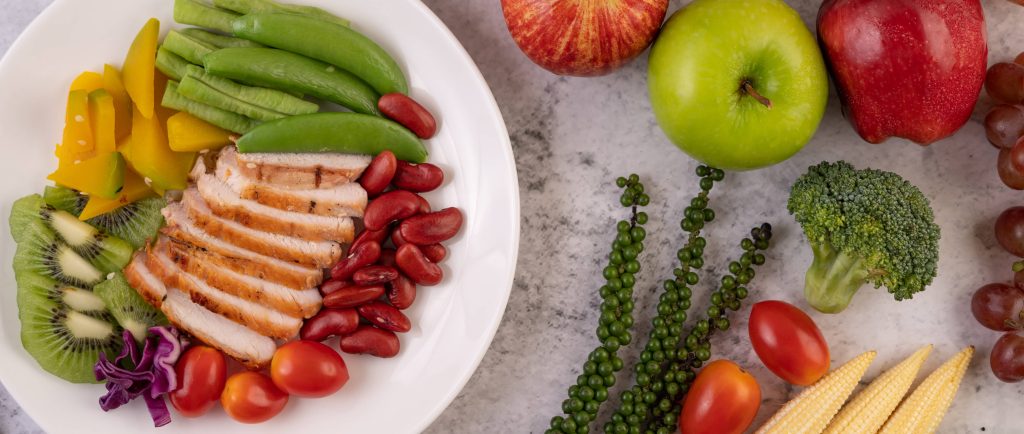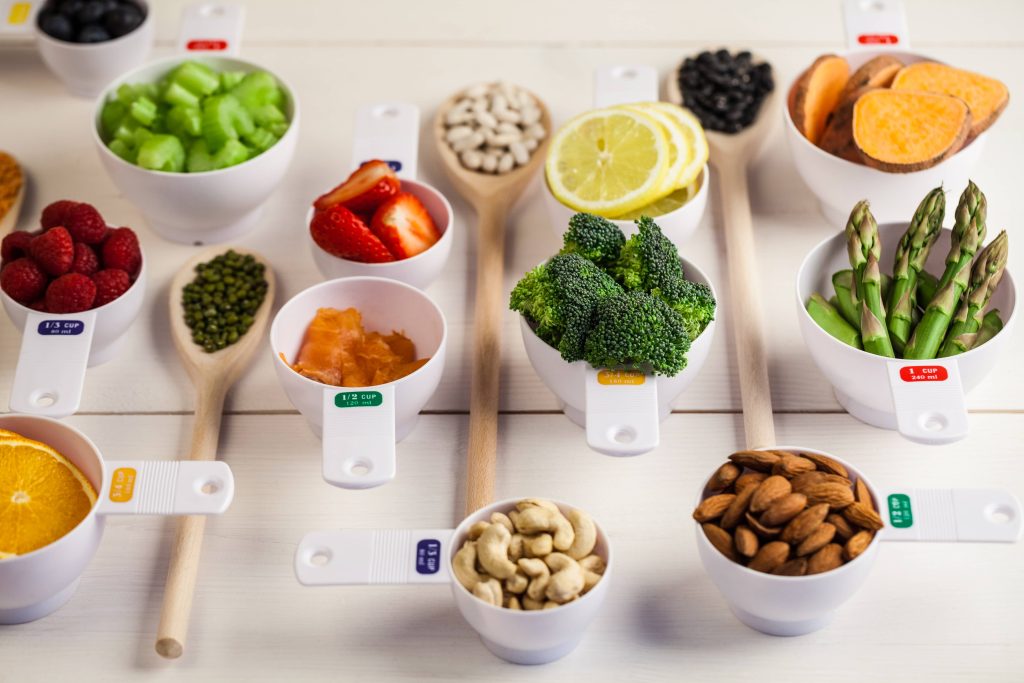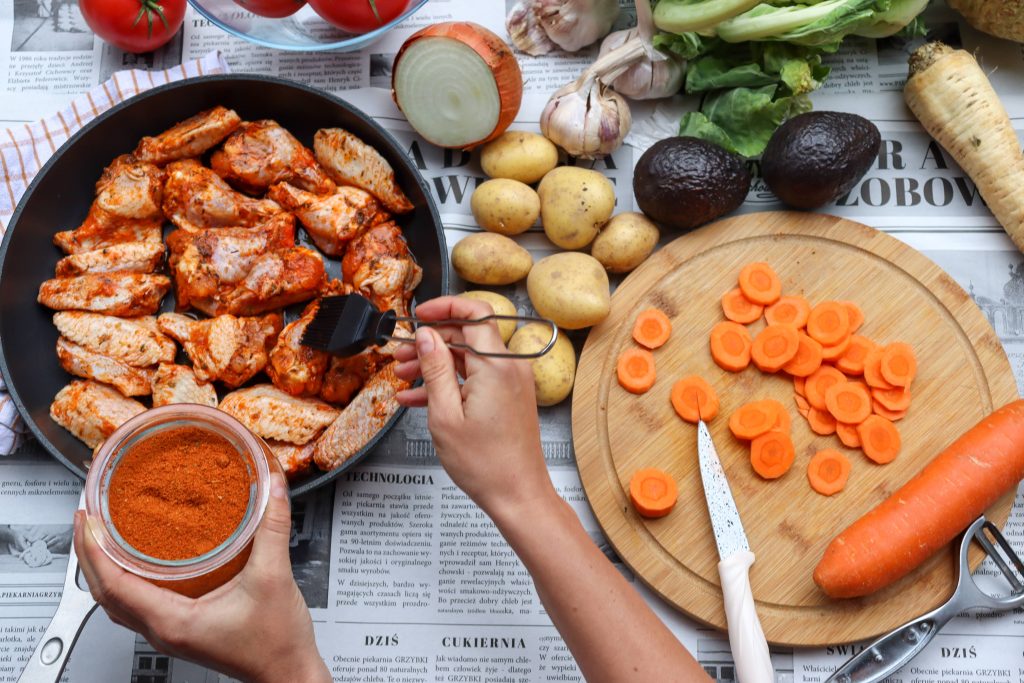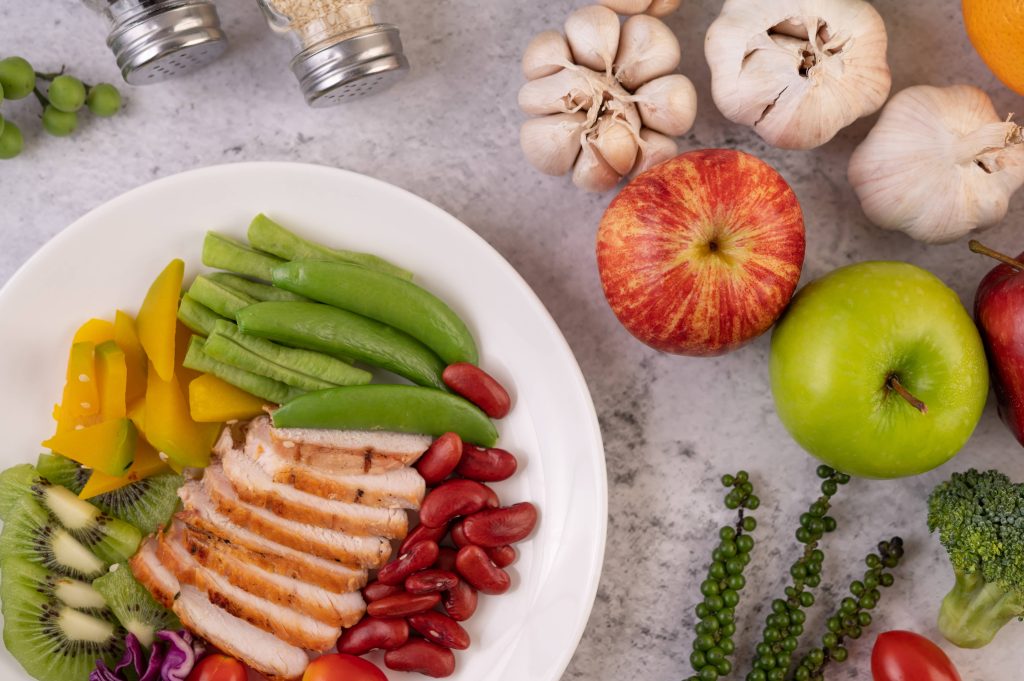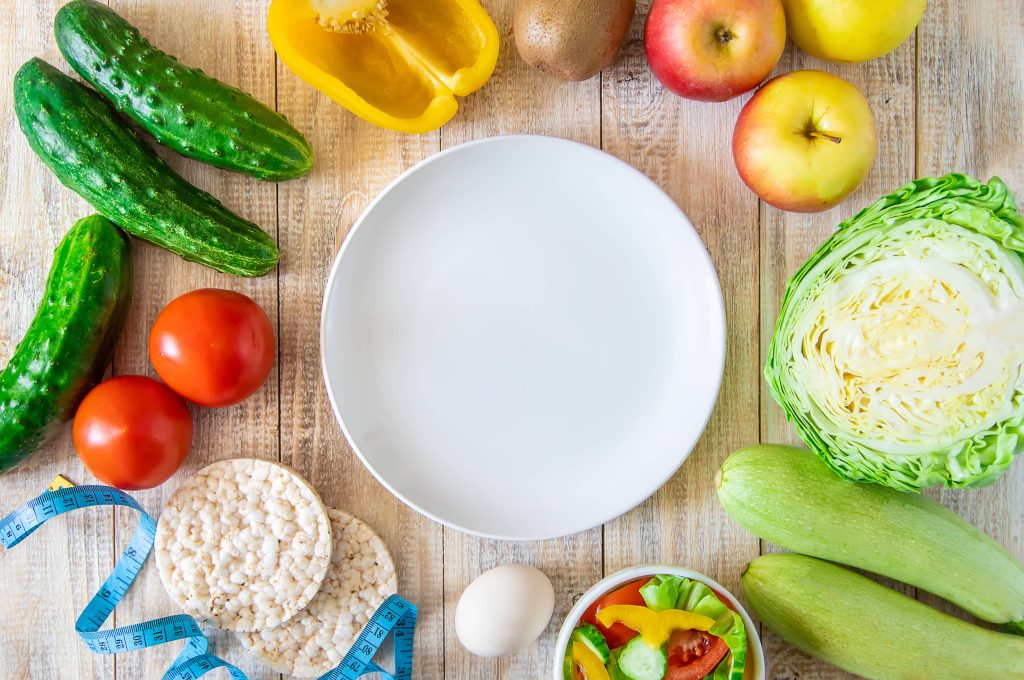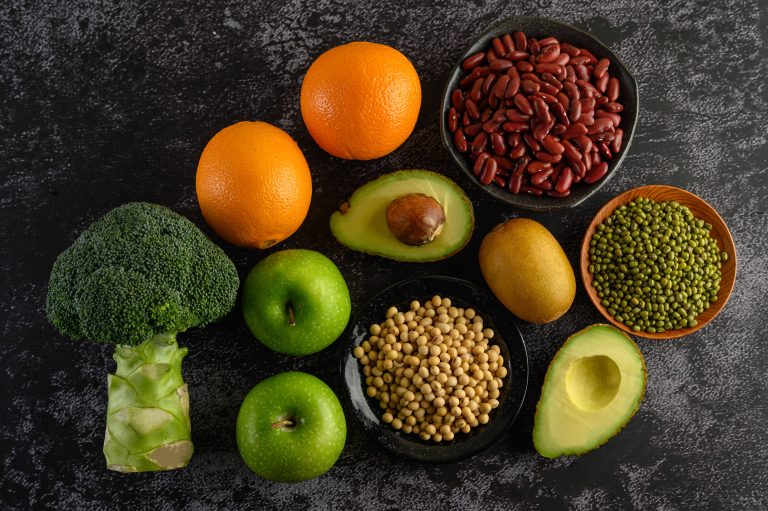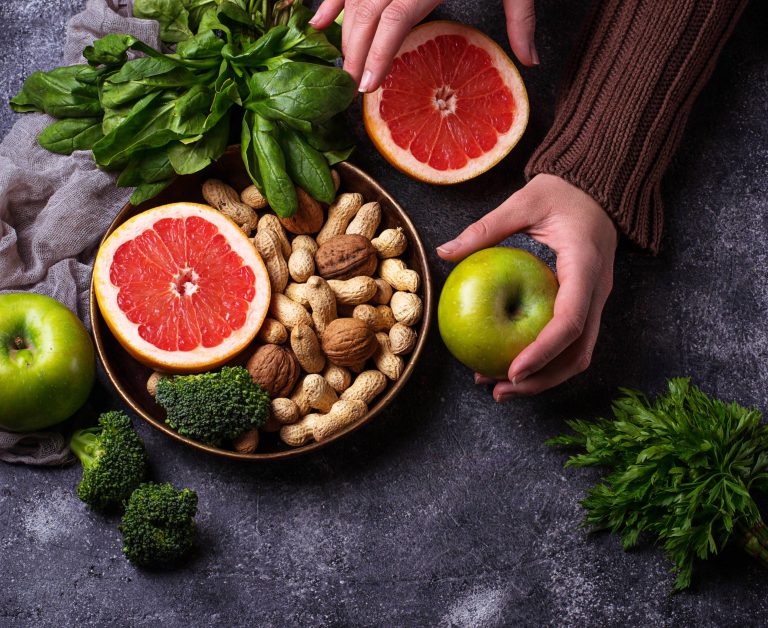
Embarking on a weight loss journey often involves navigating the complex world of cravings. These intense desires for specific foods can derail even the most dedicated dieter. Understanding and managing cravings is crucial for maintaining a healthy diet and achieving weight loss goals. In this blog post, we will explore effective strategies to prevent cravings during a diet, helping you stay on track and achieve your desired results.
Understanding Cravings
Before diving into strategies, it’s essential to understand what cravings are and why they occur. Cravings are intense desires for specific foods, often high in sugar, fat, or salt. They can be triggered by various factors, including emotional stress, hormonal changes, or simply the sight and smell of tempting foods. Recognizing the root cause of your cravings can help you address them more effectively.
1. Stay Hydrated
One of the simplest yet most effective strategies to prevent cravings is to stay hydrated. Often, our bodies confuse thirst with hunger, leading to unnecessary snacking. Drinking plenty of water throughout the day can help you distinguish between true hunger and a craving. Aim for at least eight glasses of water daily, and consider drinking a glass before meals to promote a feeling of fullness.
2. Eat Balanced Meals
A well-balanced diet is crucial for preventing cravings. Ensure your meals include a mix of protein, healthy fats, and complex carbohydrates. Protein and healthy fats help keep you full and satisfied, reducing the likelihood of cravings. Complex carbohydrates, such as whole grains and vegetables, provide a steady release of energy, preventing blood sugar spikes that can trigger cravings.
3. Don’t Skip Meals
Skipping meals can lead to intense hunger and increased cravings later in the day. It’s essential to maintain a regular eating schedule to keep your metabolism steady and prevent overeating. If you’re prone to skipping meals, consider planning your meals and snacks in advance to ensure you have healthy options readily available.
4. Manage Stress
Stress is a common trigger for cravings, particularly for comfort foods high in sugar and fat. Finding healthy ways to manage stress can help reduce cravings. Consider incorporating stress-reducing activities into your daily routine, such as yoga, meditation, or deep breathing exercises. Regular physical activity is also an excellent way to manage stress and improve your overall well-being.
5. Get Enough Sleep
Lack of sleep can disrupt hormones that regulate hunger and appetite, leading to increased cravings. Aim for 7-9 hours of quality sleep each night to support your weight loss efforts. Establish a regular sleep schedule, create a relaxing bedtime routine, and limit exposure to screens before bed to improve your sleep quality.
6. Practice Mindful Eating
Mindful eating involves paying full attention to the experience of eating, savoring each bite, and listening to your body’s hunger cues. This practice can help you become more aware of your cravings and distinguish between emotional and physical hunger. When a craving strikes, pause and ask yourself if you’re truly hungry or if something else is triggering the desire to eat.
7. Keep Healthy Snacks on Hand
Having healthy snacks readily available can help you resist the temptation of unhealthy options. Stock your pantry and fridge with nutritious snacks like fruits, vegetables, nuts, and yogurt. When a craving hits, reach for one of these healthier options instead of processed or sugary foods.
8. Identify and Avoid Triggers
Identifying your personal triggers for cravings can help you avoid them. Keep a food diary to track when and why cravings occur. Once you identify patterns, you can take steps to avoid or manage these triggers. For example, if stress is a trigger, practice stress-reduction techniques. If certain environments or social situations lead to cravings, plan ahead to minimize exposure.
9. Allow Occasional Treats
Completely depriving yourself of your favorite foods can lead to intense cravings and potential binge eating. Instead, allow yourself occasional treats in moderation. This approach can help satisfy your cravings without derailing your diet. Plan for these treats and enjoy them mindfully, savoring each bite.
10. Seek Support
Having a support system can make a significant difference in managing cravings. Share your goals with friends, family, or a support group who can offer encouragement and accountability. Consider working with a registered dietitian or nutritionist for personalized guidance and support.
Conclusion
Cravings are a natural part of the dieting process, but they don’t have to derail your weight loss efforts. By understanding the root causes of your cravings and implementing these strategies, you can effectively manage and prevent them. Remember, the key to success is consistency and patience. Stay committed to your goals, and you’ll be well on your way to achieving a healthier, happier you.


